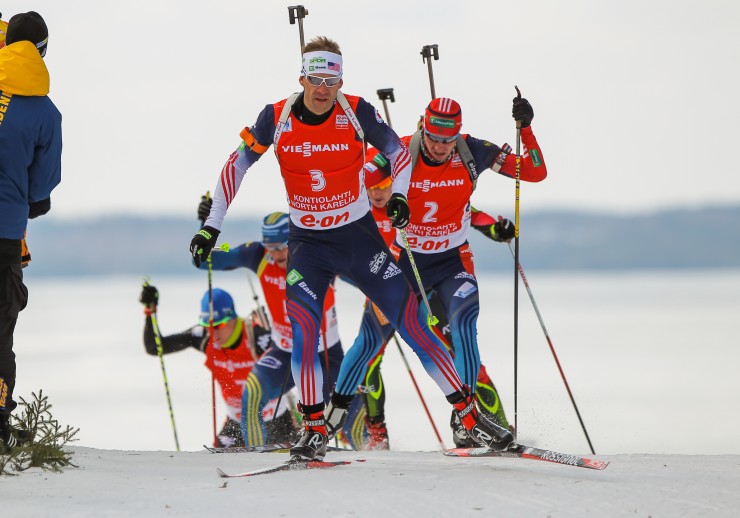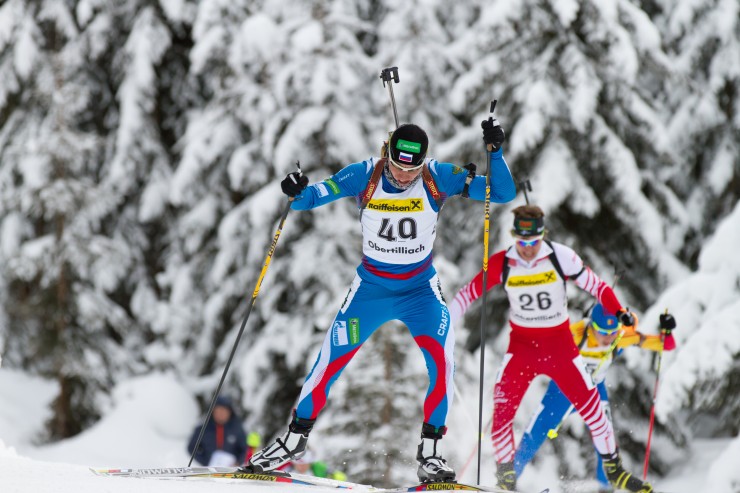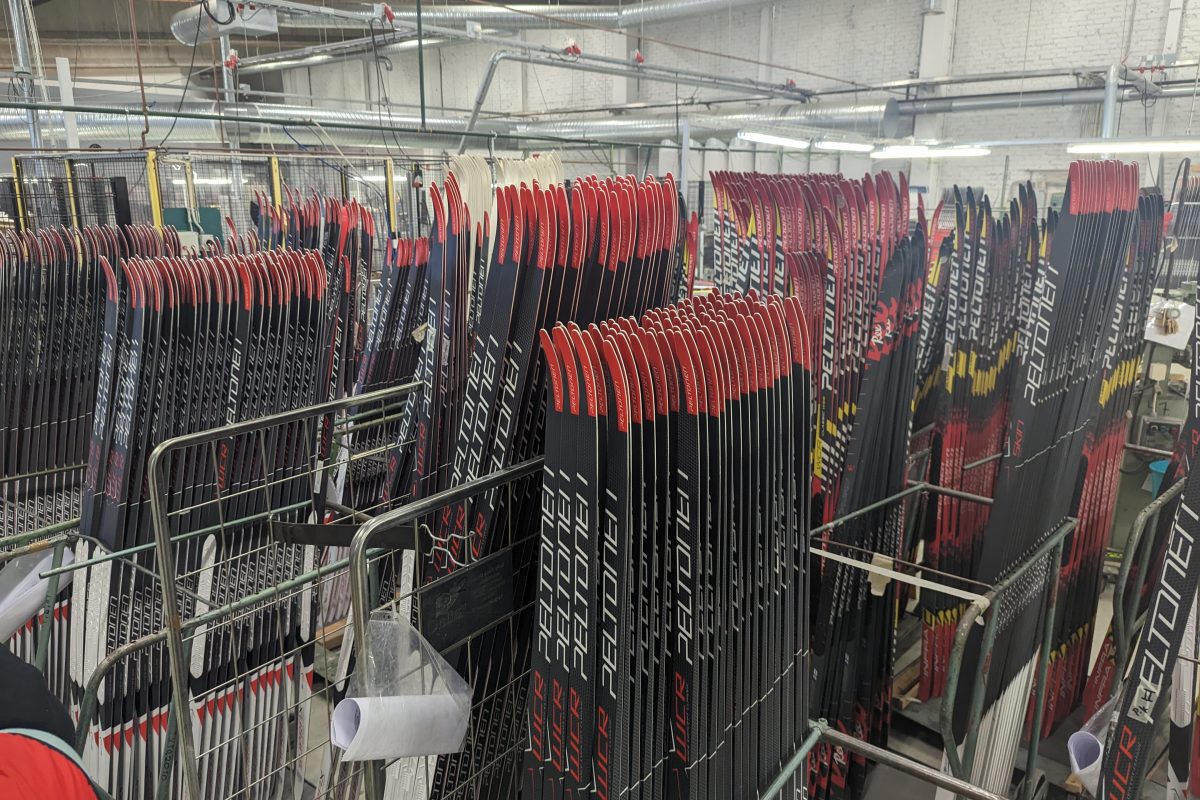
The International Biathlon Union (IBU) has begun re-testing antidoping samples stored from last season using a new technique to detect recombinant erythropoetin (EPO), a blood-doping drug.
Three samples have reportedly come back positive using the new test. Two belong to athletes who were already suspended (assumed to be Ekaterina Iourieva and Irina Starykh of Russia) while the third is a new positive. Reports allege that it belongs to Alexander Loginov, another Russian.
Loginov is a double World Junior Champion from 2013. He debuted on the World Cup at the end of the 2012-2013 season, hitting the podium in his first weekend of racing.
Since the sample was collected in November 2013 (almost exactly a year ago: Loginov was in Östersund training in advance of the 2013-2014 World Cup opener), the Russian continued on the World Cup. He competed at the 2014 Olympics in Sochi Russia, where he finished 30th in the 20 k individual. He was not part of Russia’s gold-medal men’s relay team.
A few weeks later, however, he placed second in the World Cup sprint in Kontiolahti, Finland. He also placed second in the season-ending pursuit in Oslo, Norway. In Kontiolahti, U.S. biathlete Lowell Bailey was 0.9 seconds behind Loginov and placed third for the first podium of his career.
Loginov can be stripped of all his results since the date of the sample collection if his “B” sample also comes back positive for EPO.

According to IBU Secretary General Nicole Resch in a public statement, the new technique only came into use in autumn 2014. She emphasized that storing and re-testing samples is something that the federation is allowed to do according to anti-doping rules.
Some fans in Russia, however, suggest that the IBU might have known about the test for a longer period of time and deliberately timed the announcement to make the biggest impact before the beginning of the World Cup. Nevertheless, discussion and rumors of a new and better EPO test have been swirling around the sports world since at least the winter.
The IBU has not explained what their new method is, but among the rumors have been discussion of using a transcriptomics approach: instead of looking for analytic evidence of the drug, researchers have had success searching instead for a “molecular signature.” In short, this means looking at the expression of RNA’s which are the result of increased transcription of the hundreds of genes affected by EPO. Dr. Yannis Pitsiladis at the University of Brighton has described finding a reliable, repeatable signature when subjects use large doses of EPO. His work has been featured in the New York Times and already published in the British Medical Journal. Work is ongoing to determine whether the signature is detectable when athletes use a “microdosing” approach of repeated, smaller amounts of the drug.
Meanwhile, scientists working on the MAIIA system, which is currently used to detect EPO, on Monday published research on their new advanced rapid-screening process in the peer-reviewed journal Drug Testing and Analysis. The new strategy would significantly reduce the time needed to process antidoping samples. They report obtaining reliable results using the faster method on both urine and plasma samples, and using the same detection curves as were developed for previous, slower analytical methods.
The IBU explained their strategy in a press release:
“Before the start of the 2014/ 2015 biathlon season, the IBU pro-actively decided to re-analyze some samples that showed atypical results in the previous season and were therefore stored for potential future analysis. The reason for this is a new testing method for WADA laboratories that has become available in the fall of 2014 to prove the presence of recombinant EPO. With this new tool, the IBU is optimistic to have an even more powerful tool to keep the sport absolutely clean.”
Loginov was set to compete in the first set of World Cup competitions in Östersund, Sweden, this weekend and next weekend, but is now facing a provisional suspension. The Russian federation has announced that they will not move another athlete up into his slot this weekend.
“At the request of the athlete [we] have asked for the full package of IBU documents to ascertain all the data analysis in order to continue to avoid such moments,” the Russian Biathlon Union wrote on their website, according to a translation.
Chelsea Little
Chelsea Little is FasterSkier's Editor-At-Large. A former racer at Ford Sayre, Dartmouth College and the Craftsbury Green Racing Project, she is a PhD candidate in aquatic ecology in the @Altermatt_lab at Eawag, the Swiss Federal Institute of Aquatic Science and Technology in Zurich, Switzerland. You can follow her on twitter @ChelskiLittle.




One comment
teamepokeedsbyn
November 28, 2014 at 5:31 pm
Lowell, Congrats on your second place in World Cup last year…awesome. You should get the award, prizes, and any sponsor bonus associated with that step up too.
Russian dudes, keep on huffing the X….bitches.